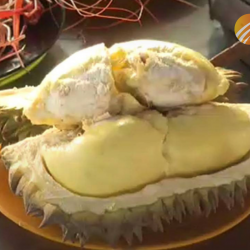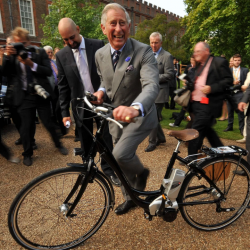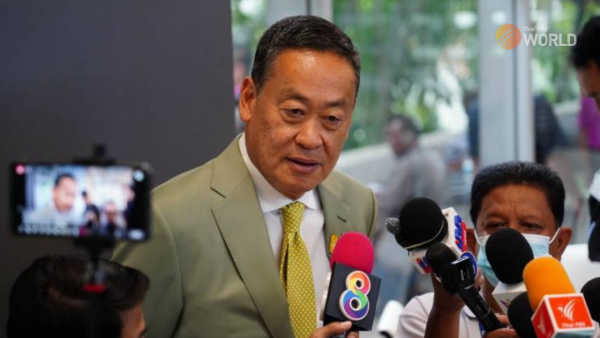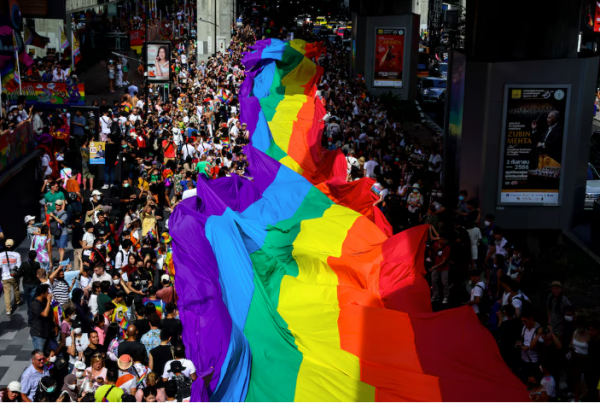Vote buying: The engine of corruption in Thailand
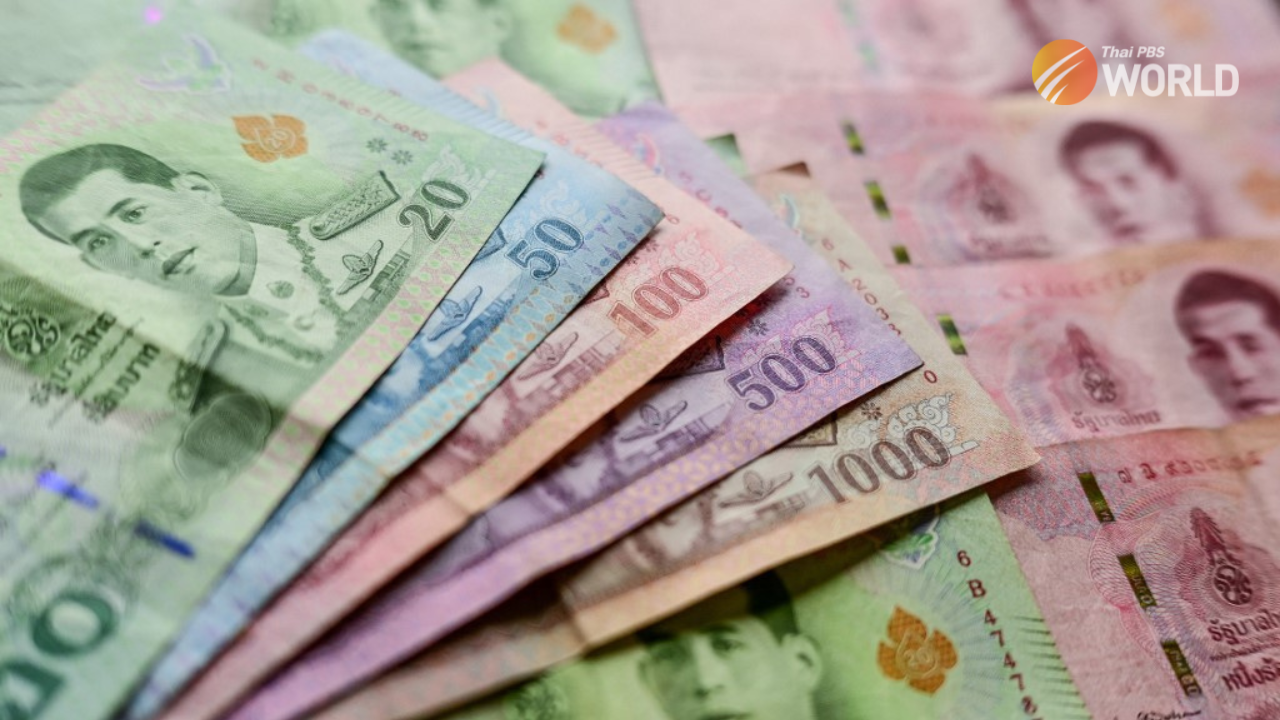
Vote buying can be a deciding factor in Thai elections at any level – whether for a village head, a local administrator, or a member of Parliament. And the upcoming general election on May 14 is no exception, according to analysts and even politicians themselves.
Many Thai election candidates have blamed their defeat on vote buying, while several election wins have been attributed to parties buying votes.
Blamed for corruption
Vote buying has been blamed for Thailand’s chronic corruption, since many politicians reportedly view it as a high-return investment to secure political power and the chance to “make profits” while in office.
Outgoing House Speaker Chuan Leekpai is among political veterans who are warning of rampant vote buying in the run-up to the May 14 election, as parties battle fiercely for votes across the country.
Chuan, a two-time prime minister, urged voters to favour honest candidates if they want an honest government after the election. “If corrupt people are voted in, we will get a corrupt government. And it’s the people and the country that will suffer,” he warned.
Deep-rooted and longstanding ‘disease’
“Vote buying has been with Thailand for many years,” a political party executive noted in 2009.
Vote buying with cash and other handouts was first recorded in Thailand in the 1979 general election, according to Assoc Prof Prajak Kongkirati of Thammasat University’s Faculty of Political Science.
He told BBC Thai in 2019 that competition for MP seats has become fiercer as the country’s democracy recovers following a long period of dictatorships.
Blatant vote buying was reported in the northeastern province of Roi Et in the run-up to the 1979 election. Payments of 100-200 baht, slippers, and fish sauce were some of the incentives handed to individual voters. The incident inspired the term “Roi Et disease” in Thai political reporting.
EC sets campaign spending limits for constituency candidates and parties
How vote buying works
Poor communities are often targeted for vote buying, particularly in constituencies where elections are tight. Votes are bought in a variety of ways – via free trips, parties, handouts, interest-free loans, vouchers, or other benefits.
But cash appears to be the most popular and effective incentive for voters.
The money is usually distributed by political canvassers – mostly community leaders – who promise a specific number of votes in exchange for cash rewards from the candidates who resort to vote buying.
A canvasser in Bangkok’s Klong Toey low-income neighborhood told VOA News in 2009 that he had to make sure that votes cast for the vote-buying candidate matched the money disbursed, or he would be in trouble.
“If you accept [the cash reward], you must be able to deliver. Otherwise, as you have heard, election canvassers have been shot or hurt in other ways,” he was quoted as saying.
Attempts to deter vote buying
Buying and selling votes is illegal in Thailand, but this does not seem to discourage offenders.
Those found guilty of buying votes face imprisonment of one to 10 years and/or a fine of between 20,000 and 200,000 baht. Candidates involved are also penalized by having their electoral rights revoked for 10 years.
Those who sell their votes for a reward face a maximum of six months in prison and/or a fine of up to 10,000 baht.
To combat the chronic problem of vote buying ahead of the May 14 poll, the Election Commission is offering cash rewards of 100,000 to 1 million baht for tipoffs about election cheating.
It has promised not to reveal the names of informants and guaranteed them “maximum security” in collaboration with the Royal Thai Police.
Agriculture sector needs reforms, not short-term populism of political parties
Problem remains unsolved
However, the problem appears to remain unsolved as vote buying has continued in many areas of the country.
In the July 2011 general election, votes were reportedly being bought for between 300 and 1,700 baht depending on the region and constituency. The figure ranged from 500-1,500 baht in the previous election of March 2019.
For this election, whistleblower Chuwit Kamolvisit claimed last week that political parties are spending 1,000 to 3,000 per head depending on the province.
Meanwhile, politicians and political parties have made allegations of vote buying against their competitors.
Anticipation before every election
There’s a widespread perception that vote buying is commonplace in the run-up to general elections.
Almost two-thirds (63%) of the 1,310 eligible voters surveyed by the National Institute of Development Administration (Nida) in January said they expected vote buying ahead of the May 14 election.
A similar Nida poll conducted in January 2019, in the run-up to the previous national vote, found that over 78% of 1,250 respondents were convinced vote buying would be rampant.
By Thai PBS World’s Political Desk

